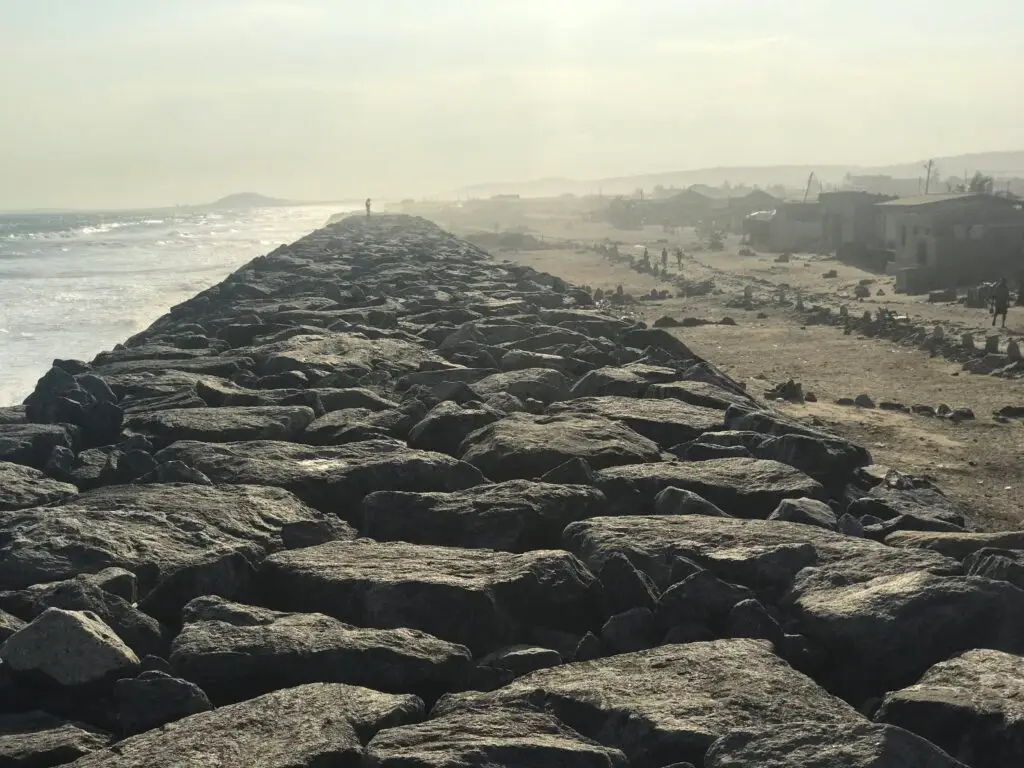
Welcome to Ghana
In Ghana, coastal communities are battling the effects of coastal erosion, unpredictable rainfall, and changing fish populations. As climate change reshapes their environment, livelihoods dependent on fishing and agriculture face new uncertainties, pushing communities to find innovative solutions.
Site Overview
Lorem ipsum dolor sit amet, consectetur adipiscing elit. Ut elit tellus, luctus nec ullamcorper mattis, pulvinar dapibus leo.

Case Studies
Title
Lorem ipsum dolor sit amet, consectetur adipiscing elit. Ut elit tellus, luctus nec ullamcorper mattis, pulvinar dapibus leo.

Title
Lorem ipsum dolor sit amet, consectetur adipiscing elit. Ut elit tellus, luctus nec ullamcorper mattis, pulvinar dapibus leo.

